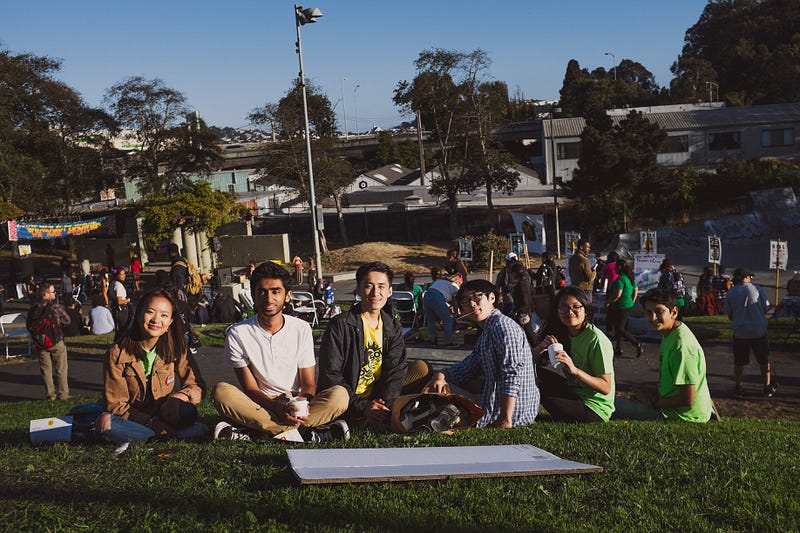
The state capitol is not that far away, but sometimes, it feels like another planet — especially now that bills are entering Appropriations, one of the least transparent parts of the whole legislative process.
This year, we’ve been navigating the halls of the capitol building with APEN members. We’ve been sharing with legislators what’s really happening in our communities, and advocating for our solutions — solutions designed by people who are experiencing injustices firsthand. We are learning a lot along the way about what it takes to turn our solutions into law.
We asked APEN youth leaders to share their take on five bills our communities are counting on this year.
1. Keep Families Home — AB 1482, AB 1481, AB 36
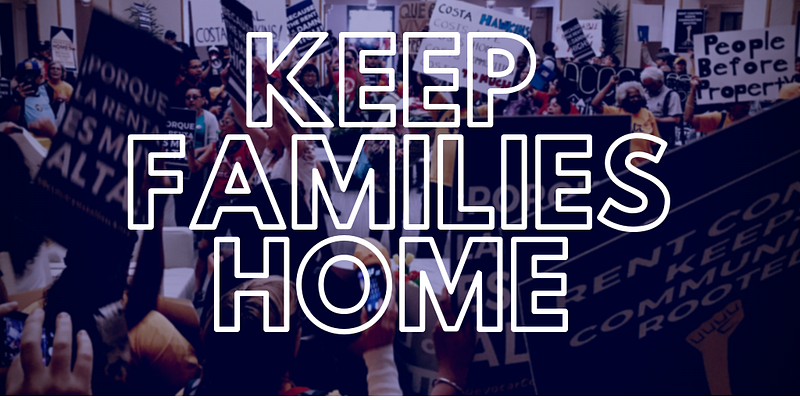
All of us deserve safe, stable, and affordable homes. Yet this is out of reach for too many as big developers build more luxury housing for the rich and drive up rents for the rest of us. Today, over half of California’s renters are paying well over 30% of their income on rent, and more and more families are being pushed out of their homes and communities.
“So many people are facing unreasonable rent increases,” says high school senior Kyle Saephan. “The house I used to live in, our landlord raised the rent to force us out. Now, we live far away from my school and friends. A lot of times, there’s no reason for big rent increases. It’s just to make more money and it causes a lot of harm to families like ours.”
This year, state legislators introduced a package of bills to keep families in their homes. Two of the three passed the first committee hearing:
AB 1482 protects families from the most egregious cases of rent-gouging by capping annual allowable rent increases at 5% plus regional inflation.
AB 1481 protects people from arbitrary evictions by requiring that landlords have a ‘just cause’ for any eviction.
The third is unlikely to move forward this year:
AB 36 would allow cities and towns to stabilize rents by applying rent control to units that are more than 10 years old, condos, and single-family rentals (with exemptions for landlords owning 2 or less properties).
Sign up to support the Keep Families Home bill package.
2. No Drilling Where We Are Living — AB 345
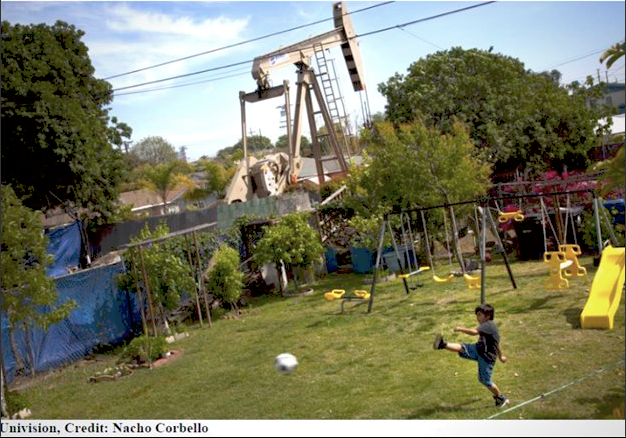
In Los Angeles and Kern counties, oil pumps and gas wells dot the landscape between homes, schools, and churches. There are 72,000 oil-producing wells in the state and nearly 900,000 Californians live within a half-mile of an active oil or gas well.
People who live, work, and learn next to the pumpjacks experience headaches and nosebleeds from the diesel particulates, methane, and benzene in the air. They also have one of the highest rates of asthma and cancer in the state.
Now, the communities that have been on the frontlines of fighting oil extraction in California are advancing a bill to prevent new oil and gas drilling within 2,500 feet of homes, schools, and hospitals.
“People shouldn’t be getting sick because of where they live,” says 17 year old Ana Touriel. “In our community, the Chevron refinery puts so many toxic chemicals into the air. It’s bad for our lungs and a lot of people have asthma. The air we breathe shouldn’t be killing us and poisoning us.”
Sign the petition to prevent drilling where we are living!
3. All of Us Deserve Healthy Homes — AB 1232
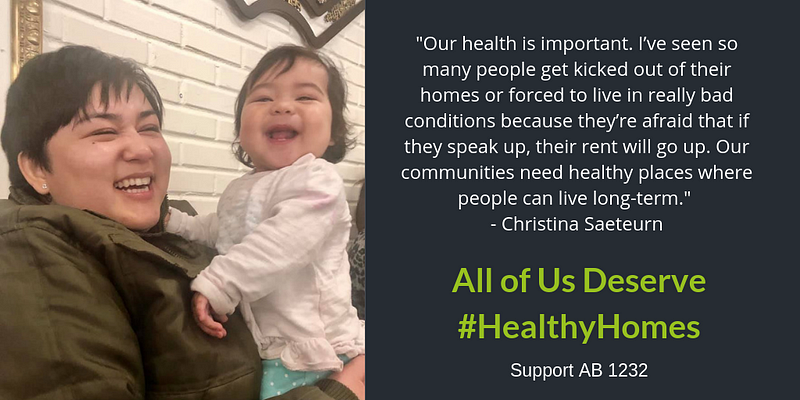
Last year, hundreds of APEN members got together to take on the issues that matter most — rising energy costs, skyrocketing rents, and hazardous living conditions that are destabilizing our communities. Together, we created a solution that makes it possible for working class families across California to live in safe and affordable homes.
“People should be safe in their homes and communities,” says Josh Baylasy, senior at Middle College High School. “Our families are stressing on a lot of things already.”
The Healthy Homes Act directs existing state energy efficiency funds to improve habitability in the places that need it most. It provides funds for working class families to fix leaky roofs, insulate walls, and eliminate mold. In exchange for funding real upgrades, it guarantees that rents won’t go up.
“If you’re paying rent to live in a home, the bare minimum is that it’s suitable for living,” adds 17 year old Andres Guardado.
Want to support Healthy Homes? Sign Up!
4. Act to Save Lives — AB 392
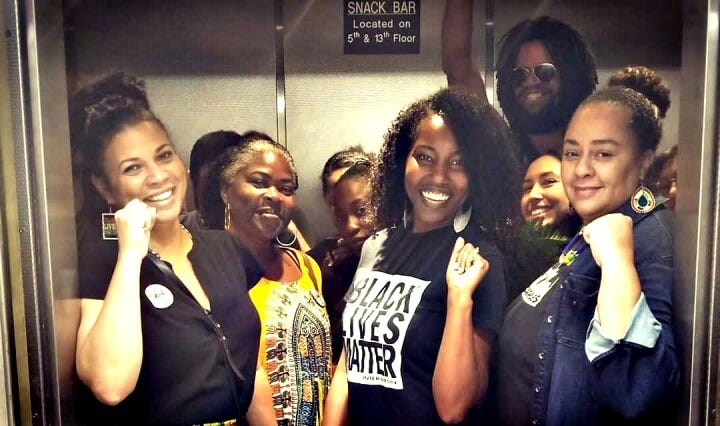
In cities across California, mothers, fathers, sisters, uncles and children of people killed by police are organizing to make sure that no more families lose loved ones to police shootings.
This year, they’re advocating for the Act to Save Lives, a bill that requires police officers to avoid using deadly force unless there is an immediate threat and no reasonable alternatives. Currently, police officers can kill people, even when there is no immediate threat to their safety and they have alternatives available.
“People don’t see police and think they can ask them for help,” says 18 year old Aslum Saleem. “Police need to stop killing people so that all of us can be safe.”
Sign the petition to support Act to Save Lives.
5. Include Lao History in California Schools — AB 1393
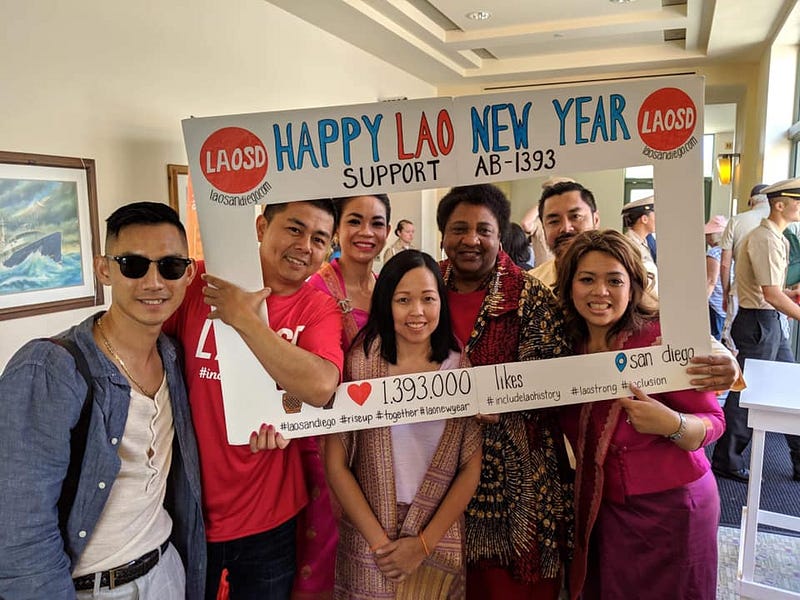
Last year, California passed legislation to add the history of Vietnamese American refugees, the Cambodian genocide, and Hmong history and culture in the state’s school curricula. Now, Laotian Americans are advocating the inclusion of the history of Laos and Laotian refugees as part of this curriculum.
“When people ask what Mien is, it’s difficult to explain,” says high school senior Jenna Saefong. “It’s especially important for generations after us, because our generation is disconnected from that history and future generations should be able to learn about it.”
From 1964 to 1973, the U.S. waged a Secret War in Laos, dropping more than two million tons of bombs on the country. The bombings destroyed many villages and displaced hundreds of thousands of Lao people during the nine-year period. Many escaped and fled to Thailand where they lived in refugee camps before being resettled in the U.S.
According to the Census Bureau, there are 82,000 people of Laotian descent living in California — one of the largest Laotian American populations in the United States.
Sign LaoSD’s petition to support teaching Lao history in California schools.

